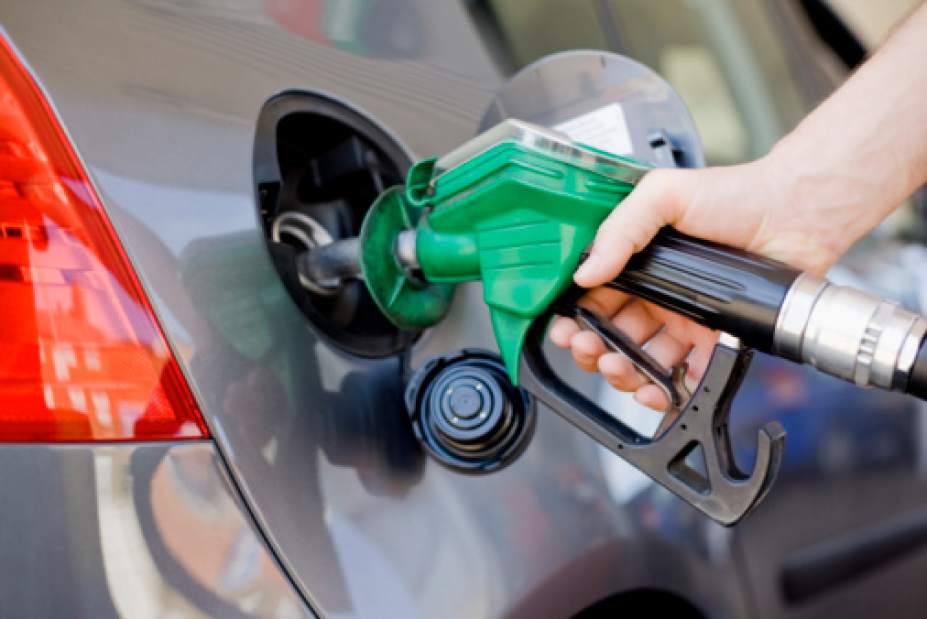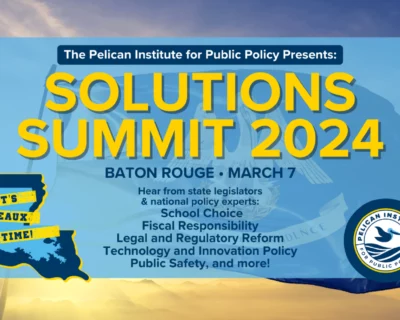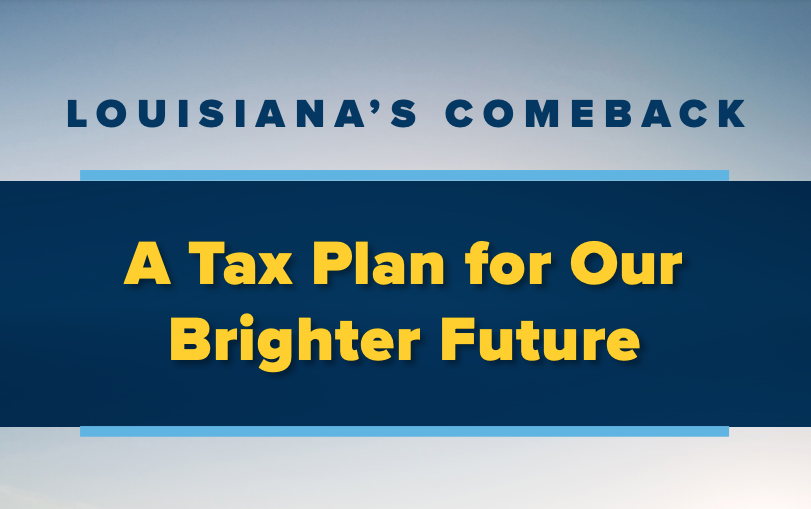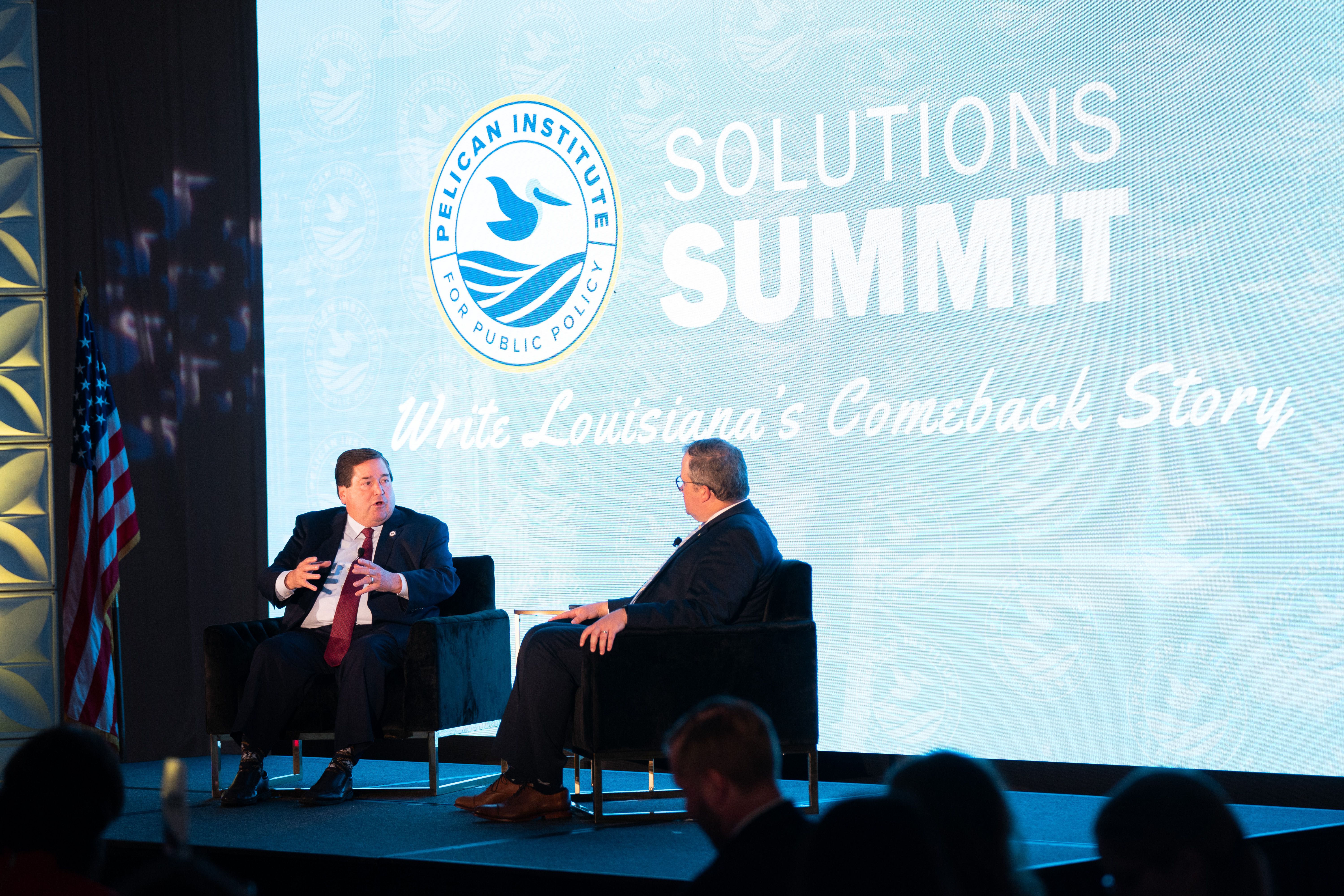
Louisiana doesn’t need to raise its gas tax
Another Louisiana legislative session, another proposal to raise the gas tax. With Louisiana’s infrastructure in admittedly bad shape, it’s clear that something needs to be done. What’s disappointing is that the prevailing opinion of how to solve this problem would do nothing to address it while increasing the tax burden on citizens.
Those who support raising the gas tax immediately point to Louisiana’s gas tax rate of “only” 20 cents per gallon as proof that it’s too low. But when compared to its neighboring states, that talking point melts away.
Louisiana’s rate compares favorably to other states in the region. Louisiana’s rate is slightly higher than Mississippi, which is 18.79 cents, and slightly lower than Arkansas’ 21.8 cents, and it’s virtually the same as Texas.
So what can be done Louisiana to improve Louisiana’s ranks 37th overall in highway condition?
One of the best employed measures are public-private partnerships otherwise known as P3’s, which are discussed at length in a recent paper by the Pelican Institute. These are agreements between state or local government and private entities to pass over control of a roadway to a private entity. In exchange for updating and maintaining that roadway, the private entity can charge a toll for those using the road. The cost of using the road often varies along with traffic and many entities will build “express lanes” for those will to pay more in times of high traffic. This not only acts as a better user fee than a gas tax ever could, but gives a direct incentive for the private entity to keep the roads in excellent shape and traffic flowing quickly.
This is hardly the only kind of P3, however. Many of these types of partnerships exist which can lead to the updating or construction of bridges or other large infrastructure projects that would take years to finance through the public section.
P3’s are hardly the only idea this session to improve the state of Louisiana’s infrastructure.
There are proposals to ensure that all Transportation Trust Fund dollars are spent on road construction and maintenance rather that unrelated projects such as funding state police to the tune over $670 million over 18 years. This would ensure when the legislature promises taxpayers that their gas tax dollars are a “user fee,” they are keeping their promise.
Finally, rather than having roads stay in state or private control, the state could devolve ownership of local roads to the parishes. Locals often know which roads are suffering from the most congestion and are in the greatest needs for repairs. By putting those who use the road everyday in charge of those roads, they can make sure road dollars are going where they are most needed.
When it comes to infrastructure in Louisiana, there is no debate that something needs to be done. But it’s clear that a gas tax is not going to fix this critical issue. Instead, legislators should look towards more creative methods to fix our roads without further burdening Louisiana’s hard-working families.



